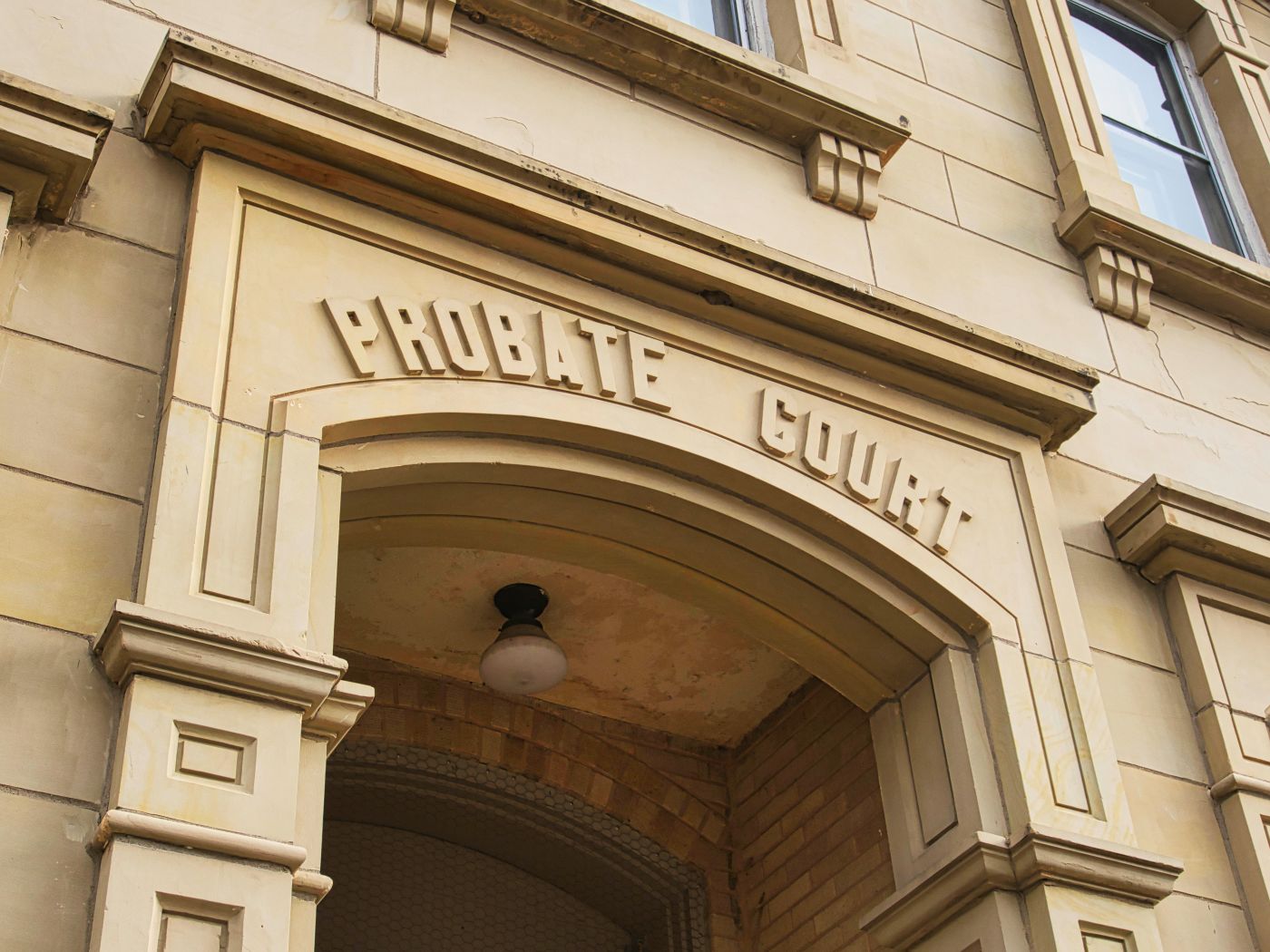What are the common real estate questions we get from buyers? Attorney Ray Kerlick answers many of them in this video. If you’re buying property, we can help you through the process. Call or text for an appointment.
Summary of The Real Estate Questions for Buyers Video
Hi, this is Ray Kerlick. I’m talking about what real estate questions should I have if I’m considering buying a piece of property here in Fulshear, Fort Bend County, Wharton County, Matagorda County or any of the other counties out here at the West Side of Houston that we help serve.
Access to The Property
So the first and foremost real estate question I would always ask is, “What is my access to the property?” Access can be granted a number of different ways — by public roadway, by private roadway and by easement. We’ll talk a little bit more about easements later.
Without access, you’ve got an island for a piece of property and that will greatly affect your ability to access your property. If you don’t have a recorded, dedicated easement to that property, recognize that in most situations it will be difficult, if not impossible, for you to obtain or force your neighbors to give you such an easement. You will have to pay for it.
Boundaries and Fences
The second real estate question that I would ask relates to boundaries and fences. So most people have a general assumption that fences are meant to show the boundaries of property lines. The fact of the matter is that this is often not the case. In fact, the older the property is and the older of the fence is the more likely that that fence is simply a matter of expedience.
That is to say, the fence may have been placed in what was the easiest way to get a fence generally across the edge of the property. It may or may not have anything to do with the boundary of the property. Again, these are situations that we handle like access with a survey.
So we would hire a registered surveyor to go out to the property. The surveyor would take a look at the boundaries, the fences and the access, and investigate all those issues. In many situations, a fence, if it’s there for a long enough period of time can actually become the property line. That can work to your advantage, or it can work to your disadvantage depending on which side of the fence the property that you want to acquire would be. That’s something that you can ask the surveyor to address. Again, recognize that simply because the boundary is in a different place than the fence doesn’t mean you necessarily get that original boundary line.
Oil and Gas Rights and Ingress and Egress
Another real estate question to be concerned about, especially when you’re talking about property that’s not within a subdivision of some sort is oil and gas rights and ingress and egress. You’ll see it a lot when you’re buying a piece of property in this area of Texas — there’s an addendum dealing with ingress and egress. We’ll ask you whether you wish to waive ingress and egress. For the most part, these are decisions that you’ll have to think about. If you’re purchasing the property, there are situations in which you can actually obtain the oil and gas rights along with the right of ingress and egress.
What ingress and egress technically means is can an oil company come on to my property and drill a well or more likely place pipelines or equipment on my property in support of a well that may be on another piece of property. So one way to make sure that you don’t have to worry about that is to have the property’s seller waive that right of ingress and egress. Then the oil company has no right to come on to your property.
Likewise, you can obtain or acquire the oil and gas mineral interest yourself. So at least if they come on your property, you’re getting something out of it. That is to say royalties.
Easements
The next real estate question to be thinking about is easements. Easements can come in a variety of fashions. One type of easement would be simply an easement to get to the property that affords the access that we talked about. Other types of easements include utility easements. So those are things like electric lines, water lines, cable, telephone lines all of those kinds of things. Typically an easement must be recorded for someone to string something across your property.
The same is true of pipelines, but pipelines are a little bit different because they can be acquired not by agreement but by what we call eminent domain.
Title to The Property
Finally, the most important real estate question to answer before the time of the closing is going to be title. And title basically just means who actually owns the property and in what percentages. For that purpose, buyers are going to look into getting title insurance. And the purpose of title insurance is basically to have insurance against the risk that perhaps the person who is claiming they are selling you the property doesn’t own 100% of the property.
We’ve talked a little bit about the mechanics of title insurance but generally speaking, title insurance is going to insure the value of the property that you’re paying for and that you are getting 100% of the surface rights. And that there’s nothing to do with oil and gas.
Cost of Closing
The cost of closing is another real estate question to be thinking about. How much is the cost of closing going to be? Oftentimes that’s going to be dependent on things like the following:
the requirements for surveying the property;
the need to address boundary issues;
the need to addressing fencing issues; and
looking at oil and gas and easements and things like that.
The cost of closing will depend on what items need to be cleared before you can actually close on the property.
The EMC or earnest money contract is the contract to purchase. We sign the EMC in the process of saying, “I want to make an offer on this property.”
Another issue could be repairs required to the improvements — that is to say the buildings or houses on the property. An issue could be damage to the property or defects on the property that you want to have corrected prior to the closing. That’s something that again we would address in earnest money contract. Typically it would be a condition that these issues be handled prior to closing.
Mortgage and Financing
Finally mortgage and financing are typical real estate questions. Getting a mortgage and financing is the reality for most of us when we’re buying property. We want to make sure that we are able to finance it. That’s why things like boundaries, fences, access and of course as most of us are familiar, flood zones are all things that are going to be important.
If we can’t get the property mortgaged or financed then we’re going to have a problem. We’ll probably be talking about mortgage and financing on a future video. But generally speaking the bank or the mortgage company is going to require you to sign some additional documents that make it clear that if you don’t pay your mortgage, they can foreclose on the property and take it back.
So these are all steps in the process and questions that need to be answered when you’re looking at buying a piece of property, especially a rural piece of property.



